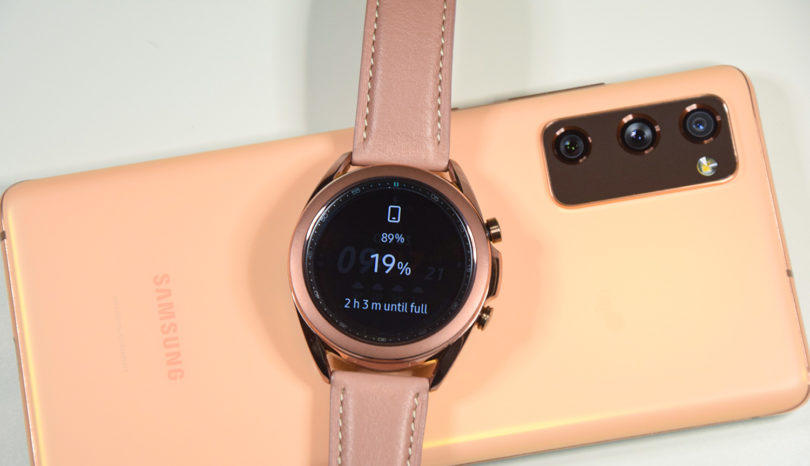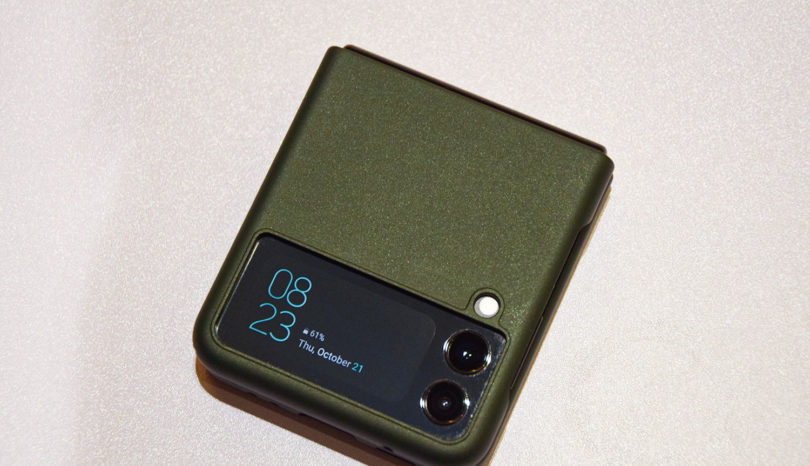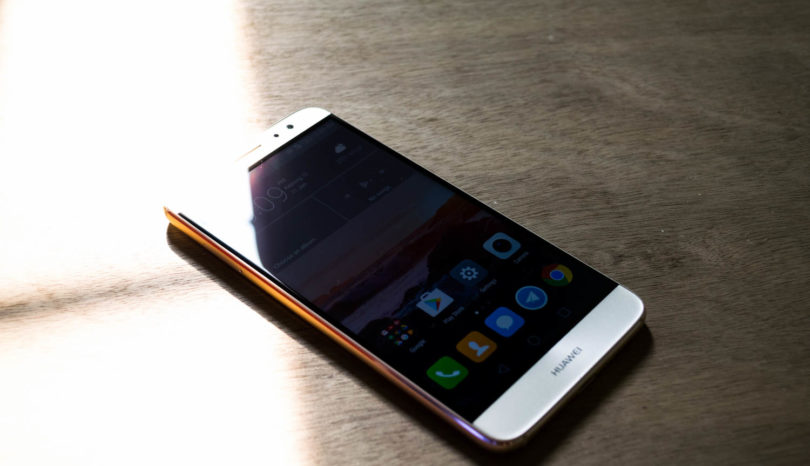Introduction
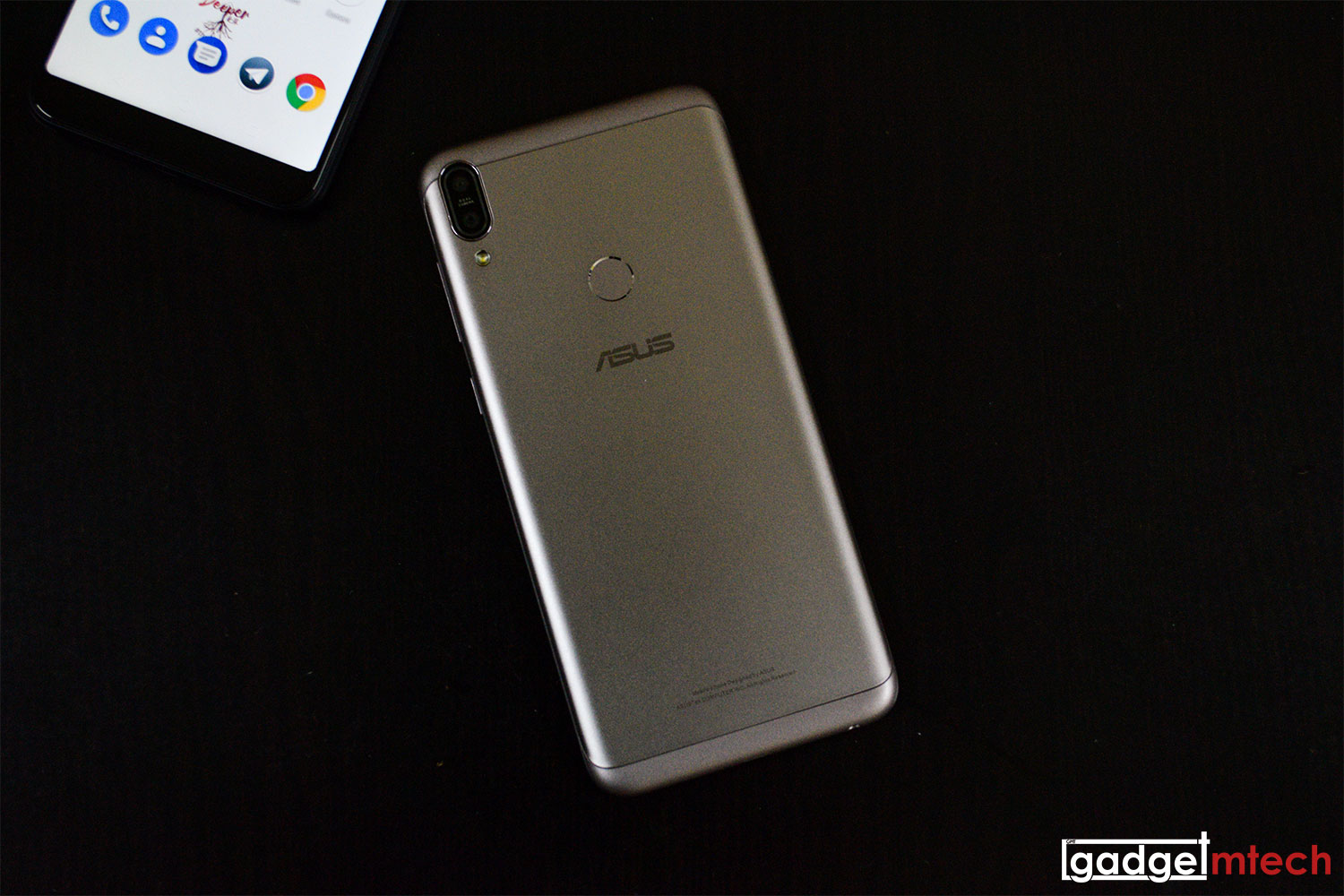
A few months ago, we reviewed the ASUS ZenFone Max Pro (M1). However, that particular model was only the base model, which has 3GB RAM and 32GB storage. After a few months of launching in Malaysia, the 6GB RAM model is finally available in Malaysia. With that, ASUS Malaysia sent us one unit and asked us to find out the differences between both 3GB RAM and 6GB RAM models. Hence, this is round 2, of the ASUS ZenFone Max Pro (M1) review, the 6GB RAM model!
*As this is the exact same model with some internal hardware changes, we will be skipping parts like unboxing, design, display, software, and battery life.
Specs Comparison
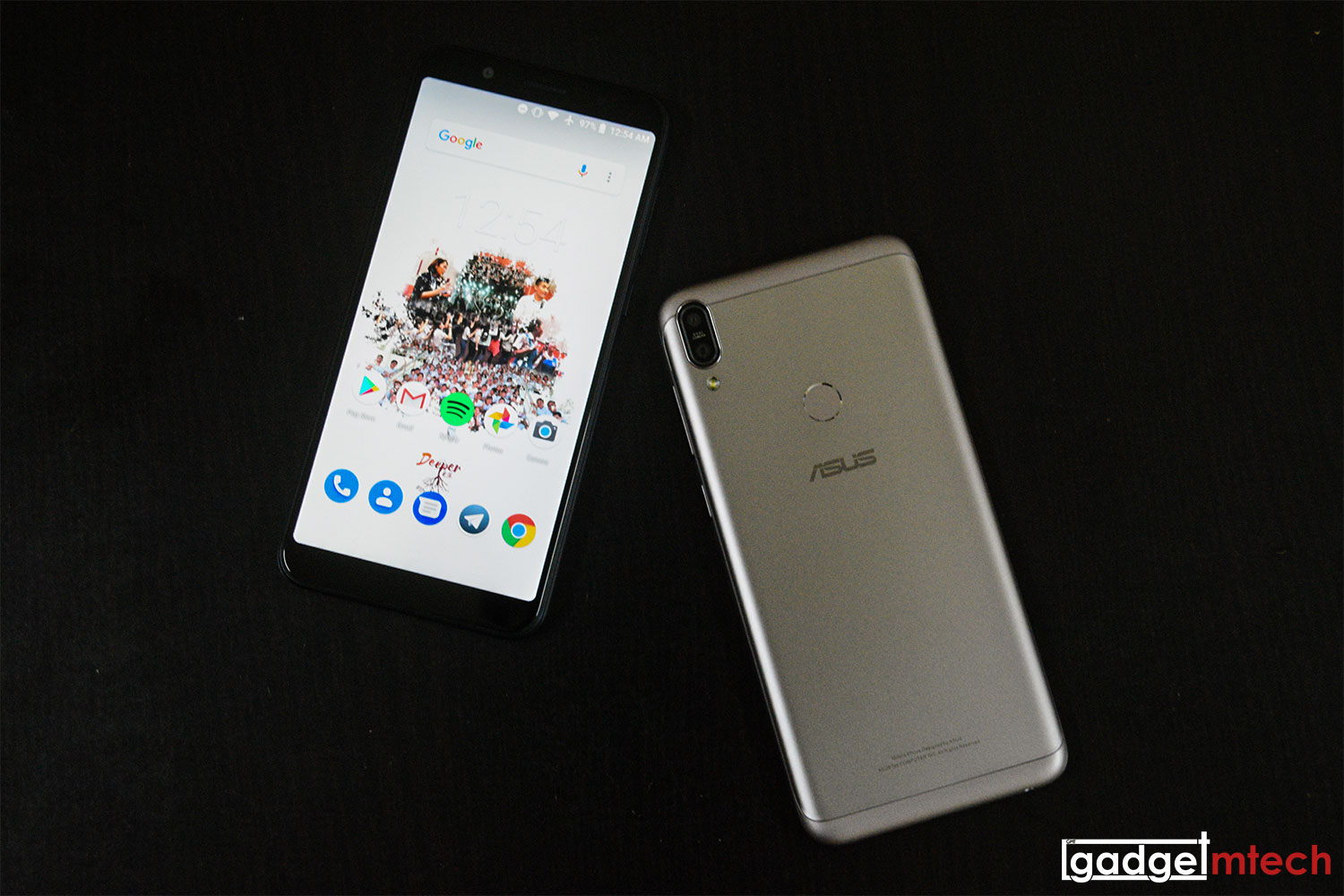
| Display | 5.99-inch IPS LCD Full HD+ 18:9 | ||
| Processor | Qualcomm Snapdragon 636 | ||
| RAM | 6GB | 4GB | 3GB |
| Storage | 64GB
Supports MicroSD card |
32GB
Supports MicroSD card |
|
| Camera | 16MP + 5MP (f/2.2 + f/2.4) dual-rear camera
16MP f/2.2 front camera |
13MP + 5MP (f/2.2 + f/2.4) dual-rear camera
8MP f/2.2 front camera |
|
| Battery | 5,000mAh | ||
| Operating System | Android 8.1 Oreo | ||
| Price | RM999 | RM849 | RM699 |
6GB RAM + 64GB Expandable Storage
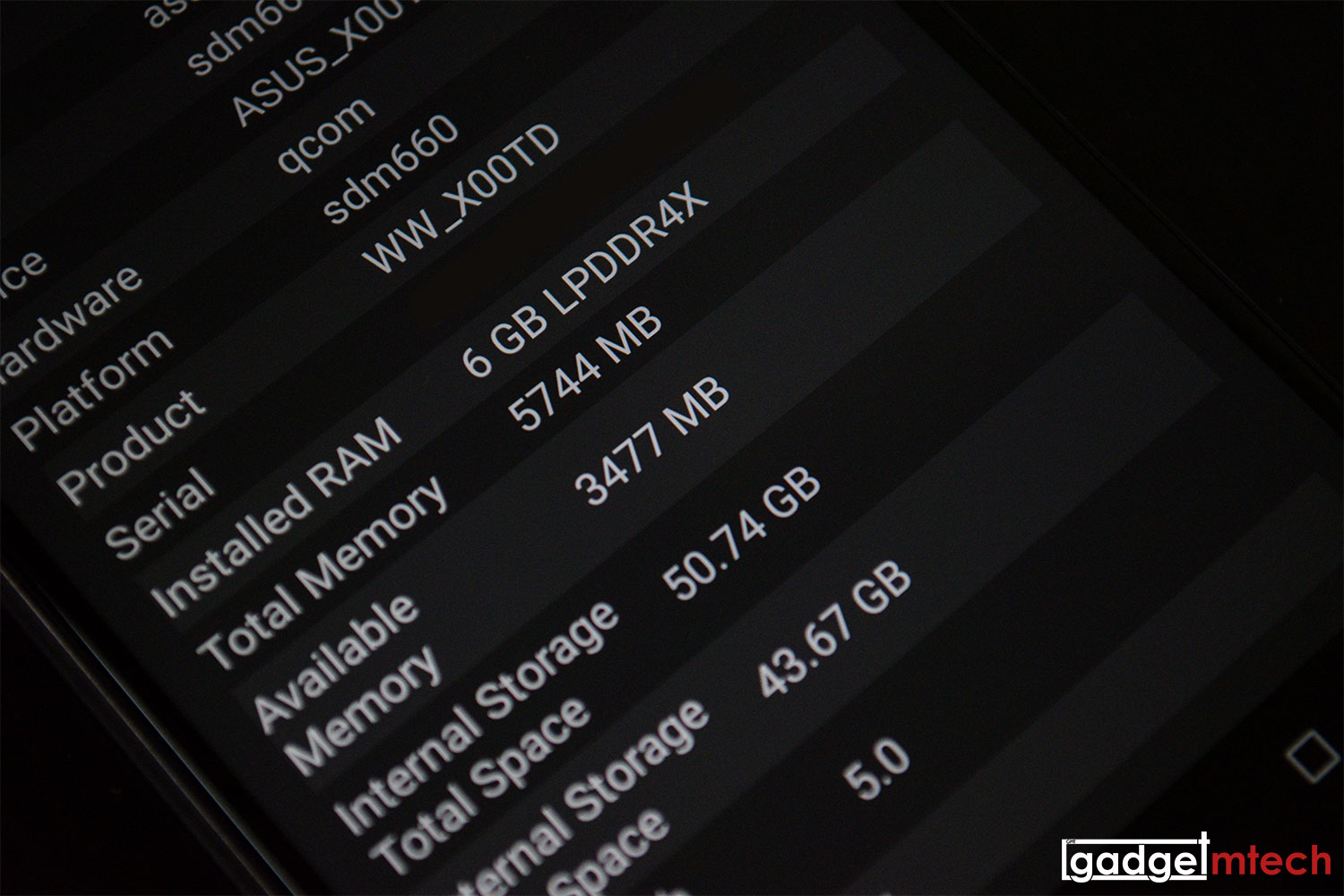
As mentioned at the beginning of this review, the 6GB RAM model has more RAM, obviously. Additionally, it also comes with more storage at 64GB. In terms of performance, the difference is quite minimum, since all the variants of the phone are using the Snapdragon 636 processor. However, when it comes to the overall experience, the 6GB RAM model is much smoother. The base model already has a good performance, but having even more RAM means you’ll have a better multitasking experience. Apps won’t restart when you coming back from another app.
16MP + 5MP Dual-Rear Camera
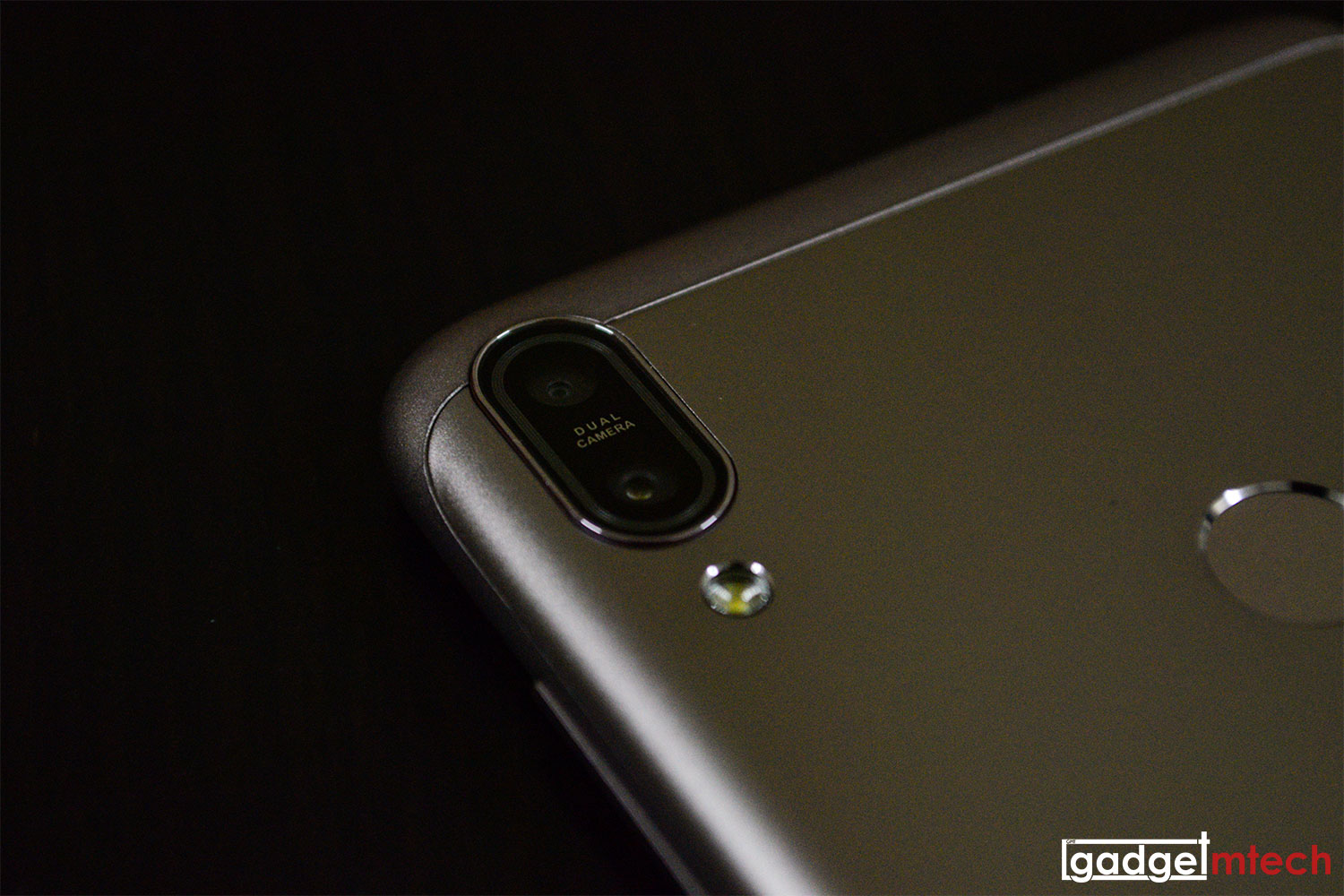
Furthermore, the 6GB RAM ZenFone Max Pro (M1) also has a 16MP + 5MP dual-rear camera setup. Just like the 3GB RAM model, it uses the Snapdragon camera app, which is quite slow and not user-friendly in my opinion. It still has the slow focusing speed and shutter lag when I want to take a photo. My advice is to download a third-party camera app.
Image quality generally is still quite good with good amount of detail. However, low-light shots are pretty noisy with the detail being washed out due to the noise reduction post-processing. For some reason, I actually find that the 3GB RAM model takes sharper images in most of the comparison shots.
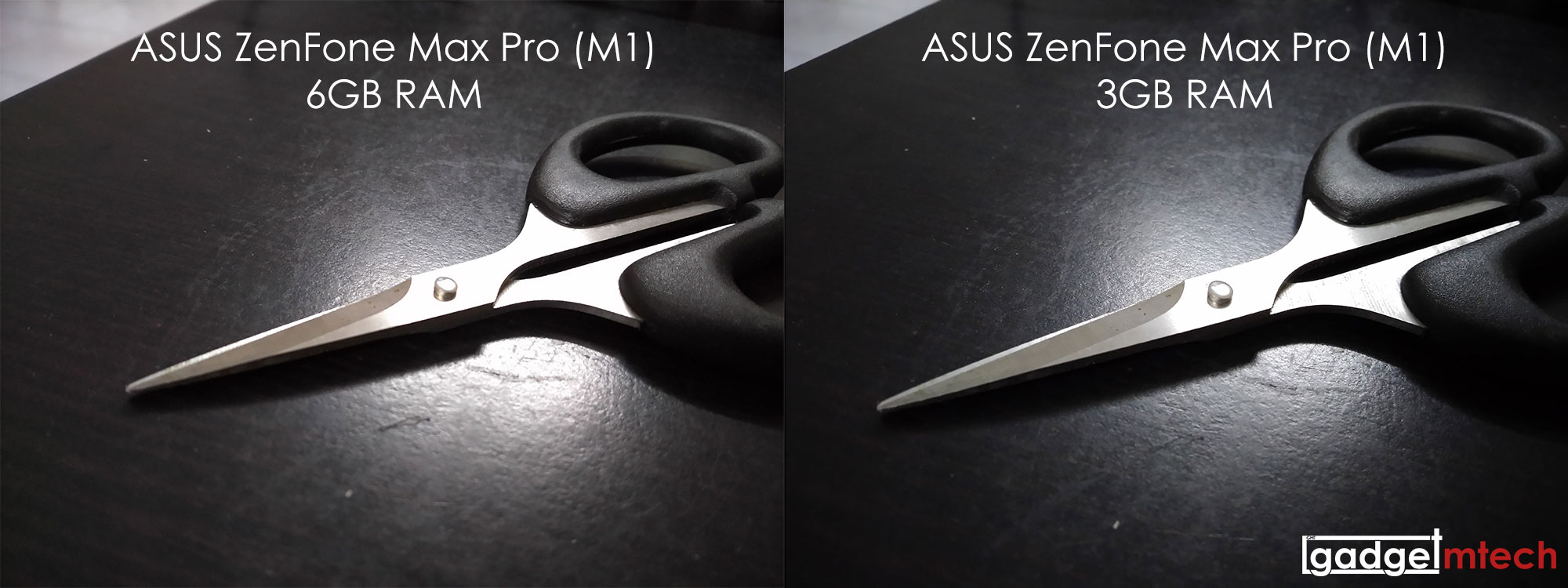
Final Words

Retailing at RM999, the ZenFone Max Pro (M1) no doubt is still one of the best affordable smartphones you can get right now. It still has a good screen, impressive performance with high power efficiency, pure Android that is buttery smooth, and superb battery life. If only its camera experience is good, this could be a perfect mid-range phone.


